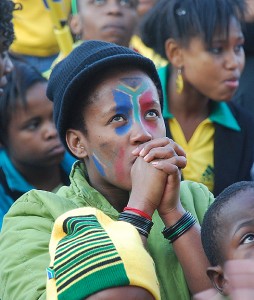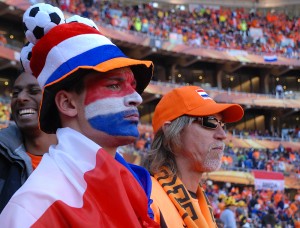Uninspired Service Delivery
Tuesday, June 29th, 2010 by Upenyu Makoni-MuchemwaZimbabwe has three Cellular network providers that provide service all over the country. Of these three Econet is the largest outstripping the other two in subscriber base and profits. At the end of the last financial year Econet Wireless Zimbabwe declared an income higher than the government.
There is no doubt that Econet is a prime example of what hard work, determination and a little faith are able to achieve. Considering the odds that were stacked against the company at its inception, Econet provides hope for all future Zimbabwean entrepreneurs with a big idea.
But Econet may also be used to illustrate the effect of big business on little people. As the market leader Econet sets the trend for the Cellular network provider services industry. The Econet brand has been positioned as one that stands for progressiveness, integrity and one that is oriented towards satisfying customer needs. Econet Wireless Zimbabwe fails to meet its own values.
It is difficult to see the integrity in a company that must be asked to revise its tariffs downward after charging much more than companies in the rest of the region. Service delivery has progressively deteriorated as more subscribers are added to Econet’s books. A few months ago, Econet placed full-page ads in the national newspapers, thanking customers for making them number one in terms of subscriber base. This gratitude did not translate to any tangible value for customers. Neither was there an explanation for such bad service delivery.
Most recently, the company has rolled out a plan to increase coverage with its much-touted ’90 base stations in 90 days’ campaign. Yet the more pressing issue of network expansion is glibly dismissed as being in Econet’s ‘future plans’. This may be Africa, but we are not stupid.
Econet’s major competitors would be wise to take advantage of, and not make the same mistakes. Even the most faithful brand loyalist will migrate to a company that delivers the service that is promised.











